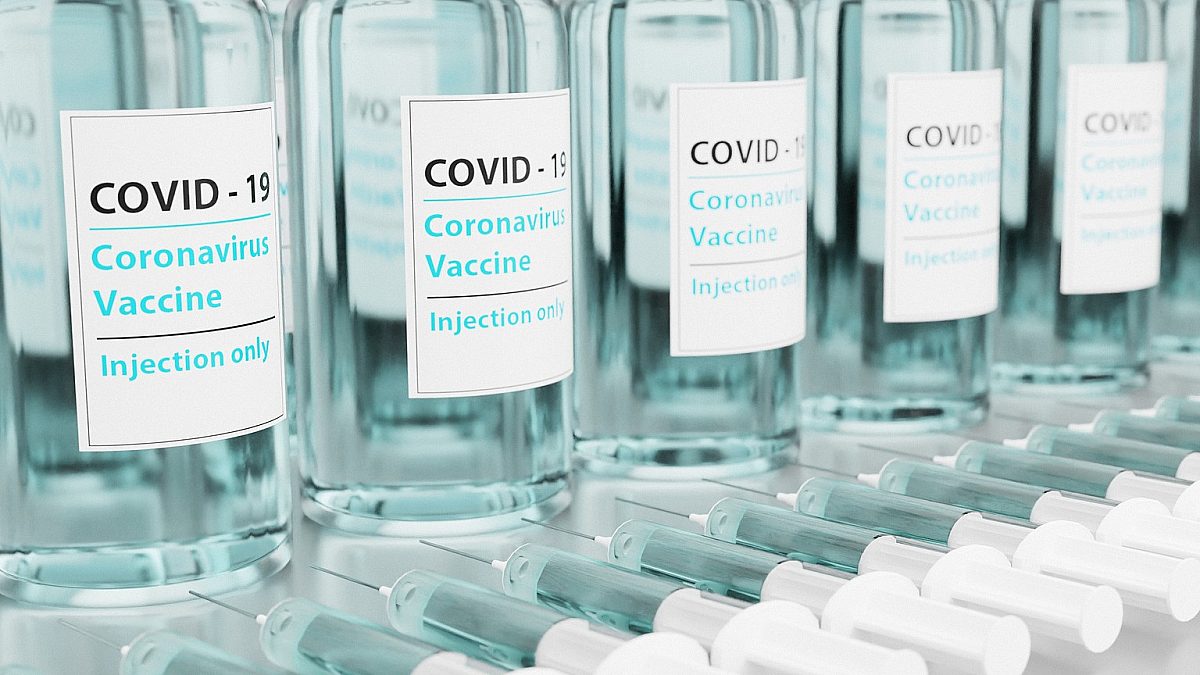Veterinarians Believe in Vaccines
TOPICS
Covid-19Guest Author
Special Contributor to FB.org

photo credit: torstensimon/CC0
Guest Author
Special Contributor to FB.org
By Melissa L. Weber
I work with veterinarians who research influenza—the flu—in Ohio. They spend days at county fairs taking nasal swabs from pigs and blood samples from people who work with pigs. They follow the spread of disease from animals to people and from people to animals. Pigs that get the flu run fevers, become lethargic, and sometimes have respiratory symptoms, just like people. Veterinarians often recommend vaccinating animals to prevent flu and other diseases.
More than 10 years ago, these veterinarians told me a pandemic was due. They expected something like the 1918 flu, which caused millions of deaths worldwide. They thought an influenza outbreak would start in animals and move to people—a typical zoonotic disease.
They also were concerned about the coronavirus, which veterinarians have studied in animals since the 1950s. A swine coronavirus outbreak in the early 2000s caused the death of thousands of piglets across the country.
Veterinarians have told me our best defense against a virus is a vaccine.
The veterinarians mentioned several disease outbreaks in Asia with names like MERS (Mid East Respiratory Syndrome) and SARS. They said, “When you hear a new virus is moving from person to person, not just animal to person, that’s when we’re in trouble.”
More than 800,000 people in the U.S. have died from COVID-19, caused by the SARS-CoV-2 coronavirus. This is a heartbreaking statistic. The veterinarians have told me our best defense against a virus is a vaccine.
Vaccines help your immune system by teaching it to recognize threats and develop antibodies that fight infection. Some vaccines use weakened viruses to create this response; other vaccines use treated viruses that are no longer viable. Several of the most common vaccines developed for COVID-19 use a newer technology called messenger RNA, or mRNA.
Researchers have studied mRNA for decades, and their work paid off during this crisis. These mRNA vaccines tell your cells to create a small piece of harmless protein found on the surface of the virus. Your body learns to recognize this protein as an invader. This causes the immune system to produce antibodies and other immune cells to fight COVID-19.
People who get an mRNA vaccine don’t receive the actual virus, so they can’t become infected with COVID-19. They can’t spread the virus immediately following vaccination because they didn’t get a viable virus. They may experience symptoms like fever or tiredness as their body works to create antibodies.
People may get COVID-19 even after vaccination, and they may infect others. But the good news is: Vaccinated people who get COVID-19 don’t get as sick as unvaccinated people. They may not spread COVID-19 as readily as unvaccinated people, either.
Everyone who is eligible can get a vaccine to protect themselves, their families, and their communities. When I was in 4-H, we pledged our heads to clearer thinking, our hearts to greater loyalty, our hands to larger service and our health for better living for our clubs, our communities, our country and our world. I continue to honor that pledge by getting vaccinated against COVID-19.
Melissa L. Weber is a freelance science writer from Columbus, Ohio, who often works with the Animal Influenza Ecology and Epidemiology Research Program at The Ohio State University College of Veterinary Medicine. Learn more: http://go.osu.edu/vetmedcovid.
Top Issues
VIEW ALL